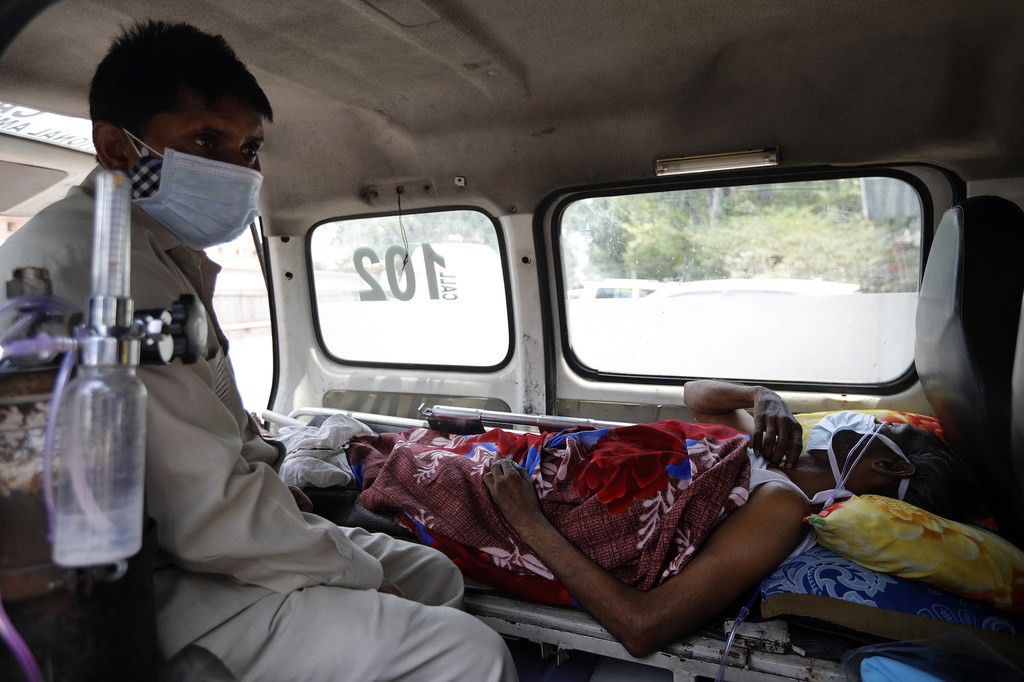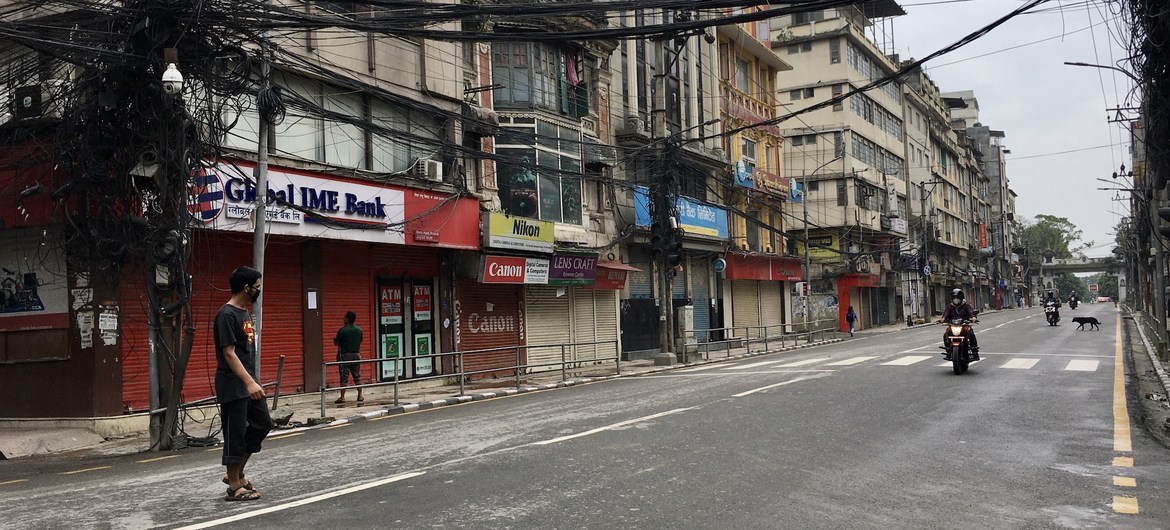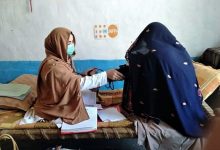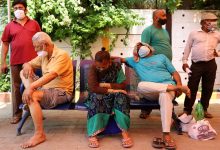South Asia: ‘Real possibility’ health systems will be strained to a breaking point, UNICEF warns
 Impacts of the deadly new surge in COVID-19 cases across South Asia are unlike anything the region has seen before, the United Nations Children’s Fund (UNICEF) has said, warning of a “real possibility” that health systems there will be strained to a breaking point, leading to evn more loss of life.
Impacts of the deadly new surge in COVID-19 cases across South Asia are unlike anything the region has seen before, the United Nations Children’s Fund (UNICEF) has said, warning of a “real possibility” that health systems there will be strained to a breaking point, leading to evn more loss of life.
In a statement on Tuesday, George Laryea-Adjei, UNICEF Regional Director for South Asia, called for “urgent action and steadfast leadership” to stop the catastrophe.
“Governments must do everything within their power to stop the devastation, and partners that are able to send assistance must do so immediately. The international community must step up without delay. This is not just a moral imperative”, he said.
Mr. Laryea-Adjei also reiterated the importance of individual responsibility.
“Every decision we make has the potential to alter the course of this surge – and to either safeguard or endanger the lives of those around us. We may be exhausted, but the virus is not”, he stressed.
He also reminded everyone to ensure they wear masks, wash hands thoroughly with soap, keep physical distances, and to get vaccinated if they have the opportunity to do so.
Sharp rises across the region
Countries across the region are witnessing rises in infections, with India accounting for over 90 per cent of both cases and deaths in the region, according to the World Health Organization (WHO). India also accounted for 46 per cent of global cases and 25 per cent of global deaths reported in the past week, WHO added.
Neighboring countries Maldives, Nepal, Pakistan and Sri Lanka also reported increasing caseloads.
The situation is particularly alarming in Nepal, where cases recorded a 137 per cent rise this week, reaching the highest levels since the pandemic started last year, severely straining its fragile health system and resulting in shortage of hospital beds, intensive care units and critical medical supplies, including personal protective equipment (PPE) and oxygen concentrators.
The Nepalese Government last week announced a lockdown in many locations across the country, including in Kathmandu valley, and suspended domestic flights to stymie the spread of coronavirus.
Pakistan is also experiencing a major surge in COVID-19 and the number of cases increased rapidly in recent weeks, with daily cases reaching a seven-day average of 5,500 cases per day, up from an average of 1,100 cases per day in February.
According to a humanitarian bulletin from the UN Office for the Coordination of Humanitarian Affairs (OCHA), healthcare system has been impacted in the provinces of Punjab and Khyber Pakhtunkhwa, with hospitals reporting shortages of available beds, oxygen, and other essential supplies.

UN News/Vibhu MishraDeserted streets and closed shops during the COVID-19 lockdown in Kathmandu, Nepal.
Very low levels of vaccinations
The UNICEF official also warned that the very low levels of vaccination in the region could magnify the likelihood of the virus spiraling “even further out of control”.
According to UNICEF, in almost all countries in the region, with the exception of Maldives and Bhutan, fewer than 1 in 10 people have been vaccinated.
“Now more than ever, we must ensure vaccines equitably reach all populations. Manufacturing must be ramped up, technology transferred, and doses equitably shared. None of us are safe until all of us are safe”, said Mr. Laryea-Adjei.



